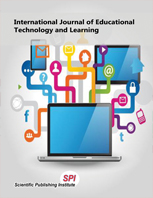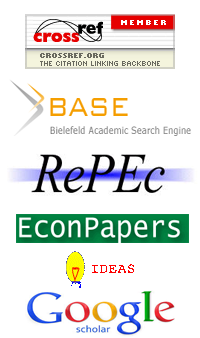FIRO analysis as a study of interpersonal communication: Does GULALI program can strengthening character?
DOI:
https://doi.org/10.55217/101.v14i1.594Keywords:
GULALI program, Strengthening character education FIRO theory.Abstract
The GULALI program especially the GULALI teachers help students to understand their needs and can bring about positive change. In this article, the author wants to describe one of the relevant theories of communication, namely the theory of FIRO (Fundamental Interpersonal Relationship Orientation). This theory is in accordance with the phenomenon described in this paper about the importance of understanding the needs of inclusion, control, and affection in the GULALI program's implementation. This study is a qualitative descriptive study. Participants in research include initiators, teachers, and students. The results of this study indicate that; (1) The embodiment of the need for inclusion shows that students are helped to be more accepted in good classes (2) The fulfilment of student control in the GULALI process demonstrates the need for control, the instructor empowers students to deal with the situation. ensure students have the opportunity to be able to provide equivalent control. (3) The need for affection refers to students feeling fairly treated and receiving equal attention according to the student's character. Therefore, the conclusion of this study is that GULALI activities fulfil three basic human needs, such as the desire for love, control, and inclusion, according to FIRO theory. As an improvement material, the GULALI program needs to be intensified and as excerpts from other schools to instil character values such as the GULALI program.


